A Chat with Whale Watch Captain & Naturalist Sarah McCullagh - Friday Harbor, WA
“Never assume that you are the smartest person in the room, but always remember that you are in the room for a reason. ”
After getting to know Colinda last week and hearing her stories about growing up in the Netherlands, finding her passion for the environment and marine life, I’m hoping your zest for stories has blossomed - because I’ve got more for ya!
I had the privilege of chatting with the wonderful Sarah McCullagh, who has been in my life since the spring of 2016 when she chatted on the phone with me to interview me for my second naturalist position, up in the Pacific Northwest. Sarah is one of the most passionate, well-spoken, and resilient advocates for the Southern Resident Killer Whales and marine ecosystem in general that I have ever met, and I’ve been so appreciative of all the time I’ve had to learn from her. She’s one of those wildly intelligent gals who knows each of the Southern Residents by sight and can launch into detailed explanations of each of their life histories instantly. I’d say she can do the same for a lot of the Bigg’s killer whales in the area, too! I admire that passion so much.
I spent two summers working with San Juan Safaris/ San Juan Outfitters up on beautiful San Juan Island, tucked away in the top right corner of Washington state between the mainland and Vancouver Island. I’m sort of living here for a third summer. This is Sarah’s seventh season - and she’s made this place her home! It is still, and will forever be, one of my favorite places in the world, and the place I go when I need to just be.
I’ve learned so much from Sarah over the years, in both a professional and personal context, but I’ll just let her share her story so you can get to know her too. Without further ado!
Hey Sarah, would you mind telling us a little bit more about yourself and what you do?
My name is Sarah McCullagh, I live in Friday Harbor, WA. I grew up in New England and went to college at the University of New Hampshire, where I graduated Cume Laude with a B.S. in Wildlife and Conservation Biology. While in school I had the opportunity to work with Mass Audubon Society, work on a bobcat field study, and spend time in the Galapagos Islands. I always wanted to move to the west coast to be closer to the diverse marine environment of the Pacific, and after graduating I landed a job out here on San Juan Island. I am now in my seventh season, and currently fill the role as Lead Naturalist and Vessel Coordinator, as well as a Captain, for San Juan Safaris and San Juan Outfitters. I manage our Naturalist programming and Naturalist staff, captain whale watches, and advocate for the Salish Sea Marine Ecosystem.
What first made you interested in the environment?
We were an outdoors family! It was the set expectation that we spent time outside as I grew up and that really wasn’t that much of an issue for me. I loved exploring the forests around where I grew up, playing in streams, and I absolutely relished any time near the ocean. I was consistently the kid at the beach with a snorkel mask on in three feet of water, or the kid with a full-on tree branch tangled in my hair. An interest in the environment has always just been there in my life, and has been totally fostered and encouraged by my family.
What were some of your favorite outdoor-related memories from childhood?
My mom made a point to take my sister and I camping every summer. It usually lined up with my dad’s busiest time at work, so as an adult looking back on the trips it might have had something to do with getting two small children out of the house during a stressful time, but those trips had an incredible impact on me. It was something I looked forward to each year, and totally shaped the way I see women in outdoor industries. My mom taught us how to build fires, how to orienteer, how to tie knots, and how to use various camping gear. She was an incredible role model for two young girls.
This one sounds cheesy, but one of my most vivid memories is the first whale watch I ever went on as a very small child… I was maybe four or five (this obsession with whales has been a long one!). We were visiting family on Cape Cod and went out of Hyannis, looking for mostly humpback whales on their feeding grounds. Professionally, looking back on it now, it was the kind of whale watch we as Naturalists dream of in terms of whale behavior. We saw EVERTHING. A female nursing a calf, a full breach, a spyhop near the boat, lunge feeding, a whale who basically paraded by the length of the boat showing off its baleen plates Vanna White style. As a small whale-obsessed kiddo I was in heaven. I remember being just absolutely blown away by how big the animals actually were in real life.
How did you get interested in marine life - and more specifically, killer whales?
I watched Free Willy as a three-year-old and what was anticipated to be a sweet family movie night, totally captured my imagination and has become a lifelong obsession. I was absolutely enamored with the movie and that interest has grown into a career. I am so grateful to my parents for supporting that interest and fostering my curiosity.
What has your journey as a whale watch guide to captain looked like?
It has been a fun professional transition! I am incredibly thankful that as a Captain I have had the experience of watching and interpreting whale behavior before jumping behind the wheel. Through my experience working on our various whale watching boats both here on San Juan Island, as well as in Maui, HI, I was able to accrue enough seatime to test for, and earn my Master of 100 tons licensure through the US Coast Guard. I have loved the new challenges that driving boats has offered, I constantly feel like I am learning something new each day! Being one of only a handful of female captains in the whale watching community here in the Pacific Northwest has been incredibly rewarding. It is super important to me to be a strong representative of women in maritime industries every time I step up to the wheel.
What's one of your top whale encounters?
I am constantly in awe of the creatures we get to visit, it is so hard just to choose one encounter. This was years ago… we were watching Southern Residents and the J16 matriline had been foraging close to shore. We had shut down the engine of the boat 400 yards away as the whales zigged and zagged chasing salmon. We had already had a great encounter, talking a lot about the prey scarcity that the whales are facing, and were getting ready to call “last looks” before leaving the scene respectfully. All of a sudden J16 “Slick” and two of her daughters J42 “Echo” and J50 “Scarlet” surfaced after a longer dive within 150 yards of the boat. We never try or anticipate getting close to whales, but sometimes it happens as they are moving dynamically through their environment; we just remained respectfully shut down waiting for them to pass. The three whales proceeded to chase a huge Chinook salmon around our boat rolling on their sides to look up at the people on the boat, clearly teaching young J50 how to hunt the fish. It was one of the most incredible displays of teaching and predation that I have ever seen.
I know this is IMPOSSIBLE to encapsulate in a few sentences, but if you had to try, what do you want to the world to know about killer whale conservation?
Any decline in killer whale populations is merely a symptom of something much, much larger going on in our oceans. The decline of the Southern Resident killer whale population here in the Pacific Northwest is a great example. The greatest threat to their survival is the decline of Chinook salmon.
The population of orca was first impacted by large-scale industrialized overfishing of their primary prey, Chinook (king) salmon, that started in the early 1900s. Fishermen would also routinely shoot at the whales as they were seen as nuisances and a danger to the fishing gear in the water. The populations, or runs, of the fish were also impacted by river damming. Salmon are anadromous, meaning that they are born in freshwater rivers, stream, and even lakes, make their way to the marine saltwater environment for their adult stage, and then return to the same river, stream, or lake that they hatched in to have their own brood of eggs and then die. Dams disrupt that lifecycle and degrade the freshwater habitats that the fish depend on. Non-sustainable forestry and large-scale industrial agricultural practices also have an impact on the freshwater environment, making it less suitable for salmon. We also see impacts from global climate change on the salmon… with less snowfall on average in the mountains each winter, we see less snowmelt, or snowmelt that occurs too early, to support cold, fast-moving, clean water that the fish prefer. All of this adds up to fewer salmon, and lower quality salmon, for the whales. Today it is estimated that we have less than five-ten percent of our historic Chinook population remaining in Washington state.
There are several other factors at play in the decline of Southern Resident killer whales like the toxicity load that they carry in their fatty tissues, to the removal of an entire generation of their population for display in aquaria around the world, to the active military testing zones located in their designated critical habitat, and the fact that two major shipping channels cut through their historic core critical habitat here in the San Juan Islands. I could go on at length about any of these issues, but the abundance of the fish is the clearest example of how far-reaching these issues can be symptomatically for the environment. Today there are only 72 Southern Resident killer whales, which is a gross failure in the management of the ecosystem.
Any quick words of advice for folks who want to get involved by working or volunteering with marine life, but don't know where to start?
I always recommend getting involved with community-based projects in habitat restoration wherever you live. Here in the Pacific Northwest, there are several organizations that work on restoring salmon rivers. Connecting with a local organization focused on conservation will help to open doors for you to meet other like-minded people.
Professionally, take all opportunities and be flexible! Be willing to pick up and move to a new place for seasonal work, be willing to do a job that gets your foot in the door. Be the hardest worker. Be humble, learn as much as you can, and ask good questions. Never assume that you are the smartest person in the room, but always remember that you are in the room for a reason. Never let anyone try to talk you out of your passion.
In your everyday life you can make changes to support ocean health. No matter where you live, all water eventually makes it back to the ocean. Choosing cleaning supplies, cosmetics, and food that are kind to ocean health are great ways to start making a real difference for our finned and fluked neighbors.
What's keeping you sane during COVID19?
Getting outside for walks around the island has been so important for my mental health! Lots of FaceTime, and the new normal of social connection has also been so important to me. Also I would like to give a shout out to rosé wine, because we’re realistic here.
Big thanks to Sarah for her powerful words and descriptive stories. If you want to hear more from her, head over to her Instagram! And stay tuned for EVEN MORE STORIES!
Story time <3
Until then!
Loz
All photos courtesy of Sarah McCullagh.
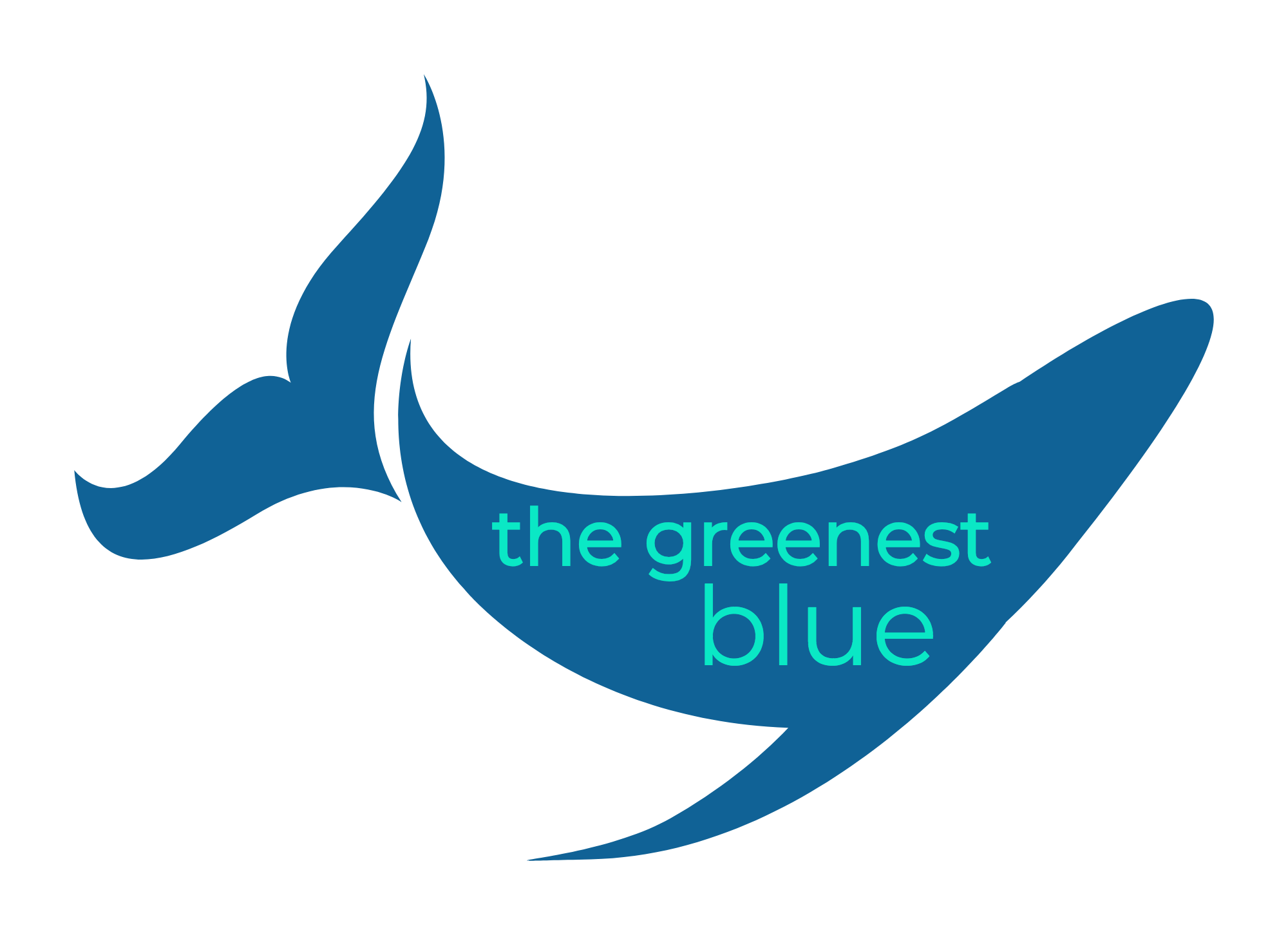
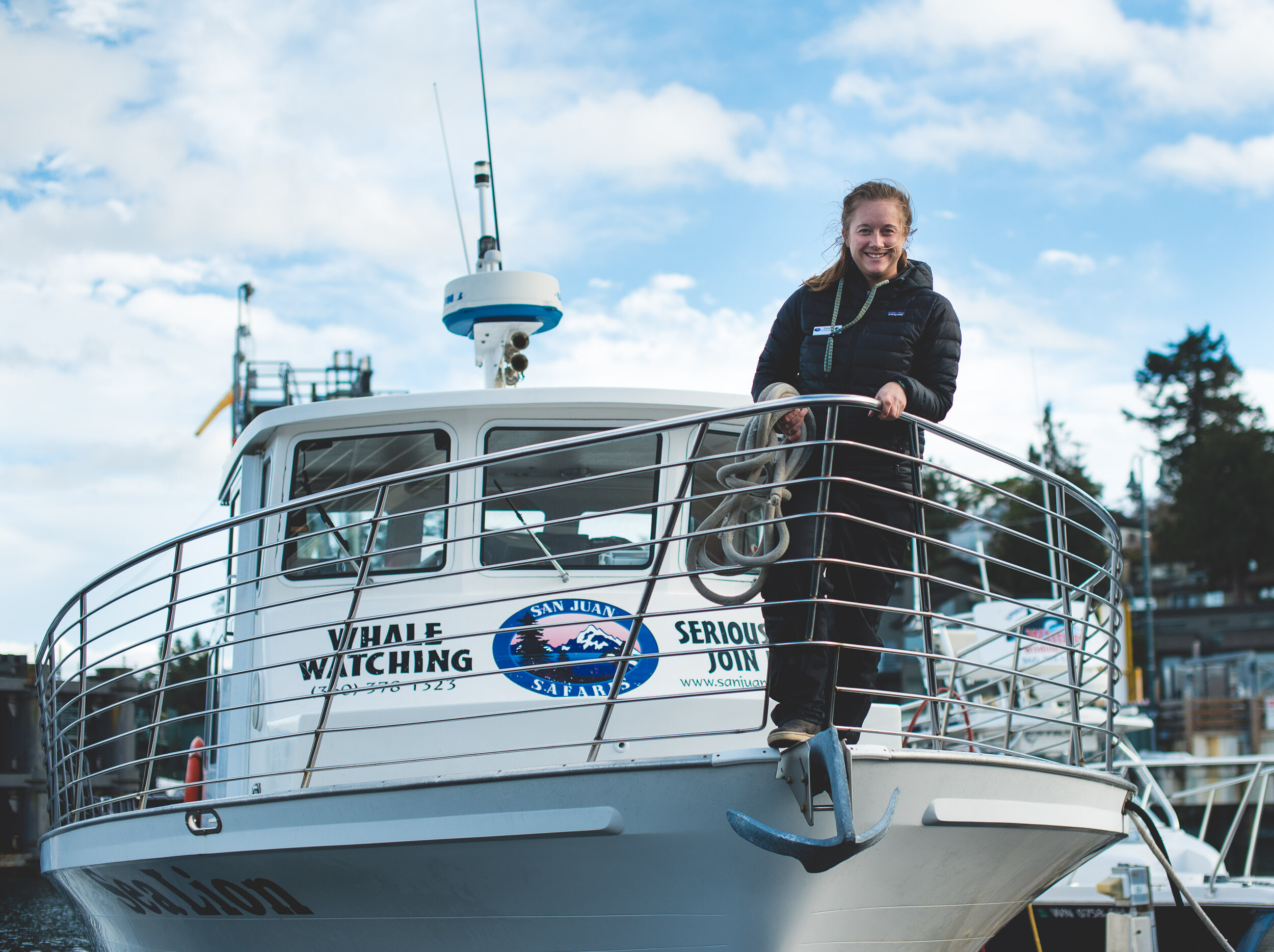
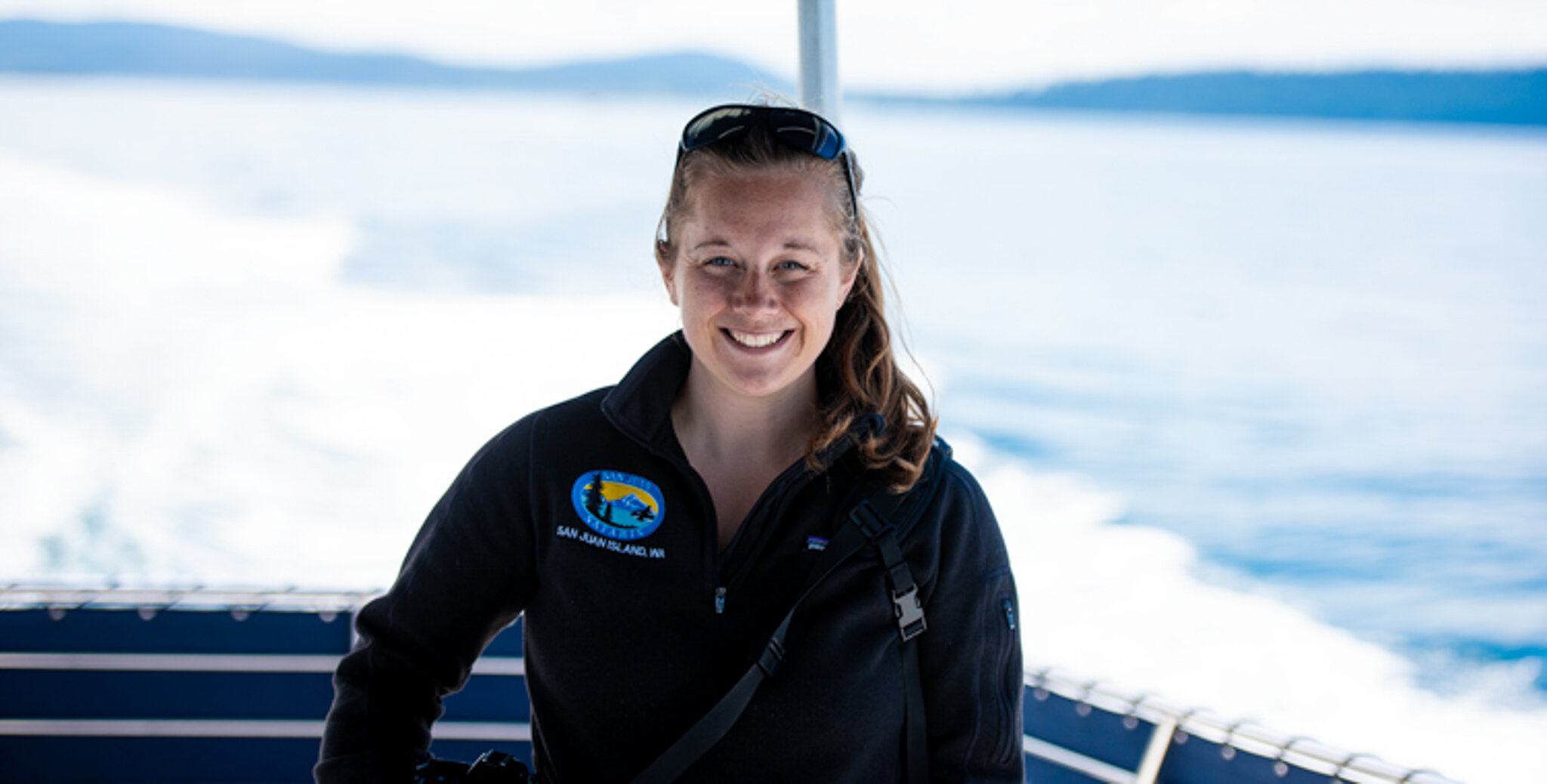
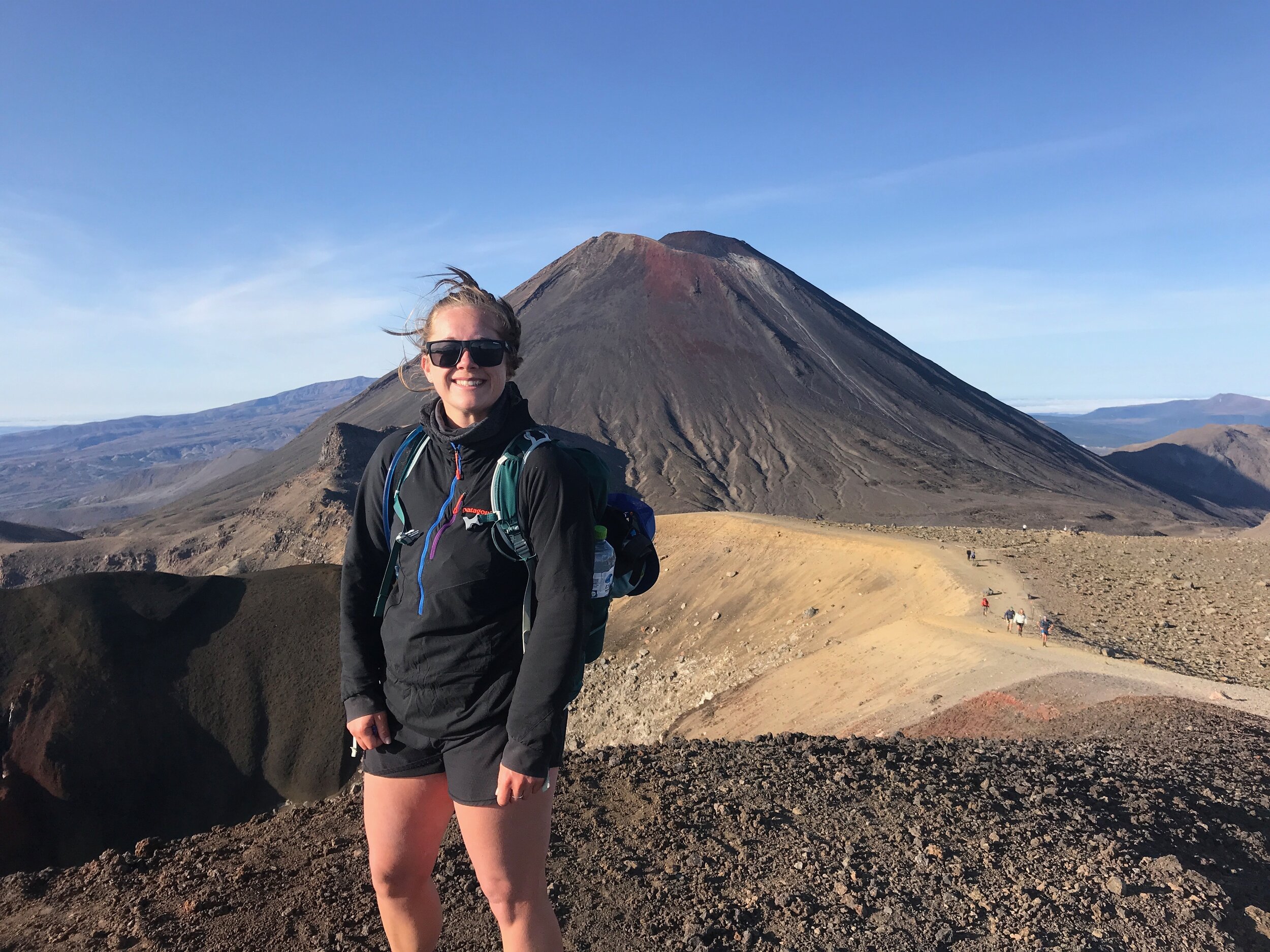
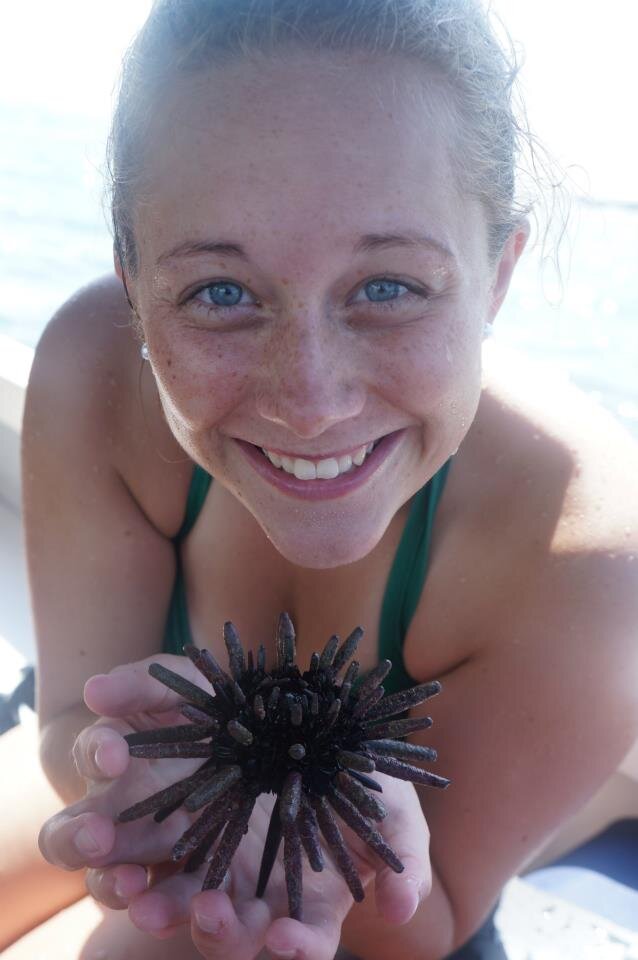
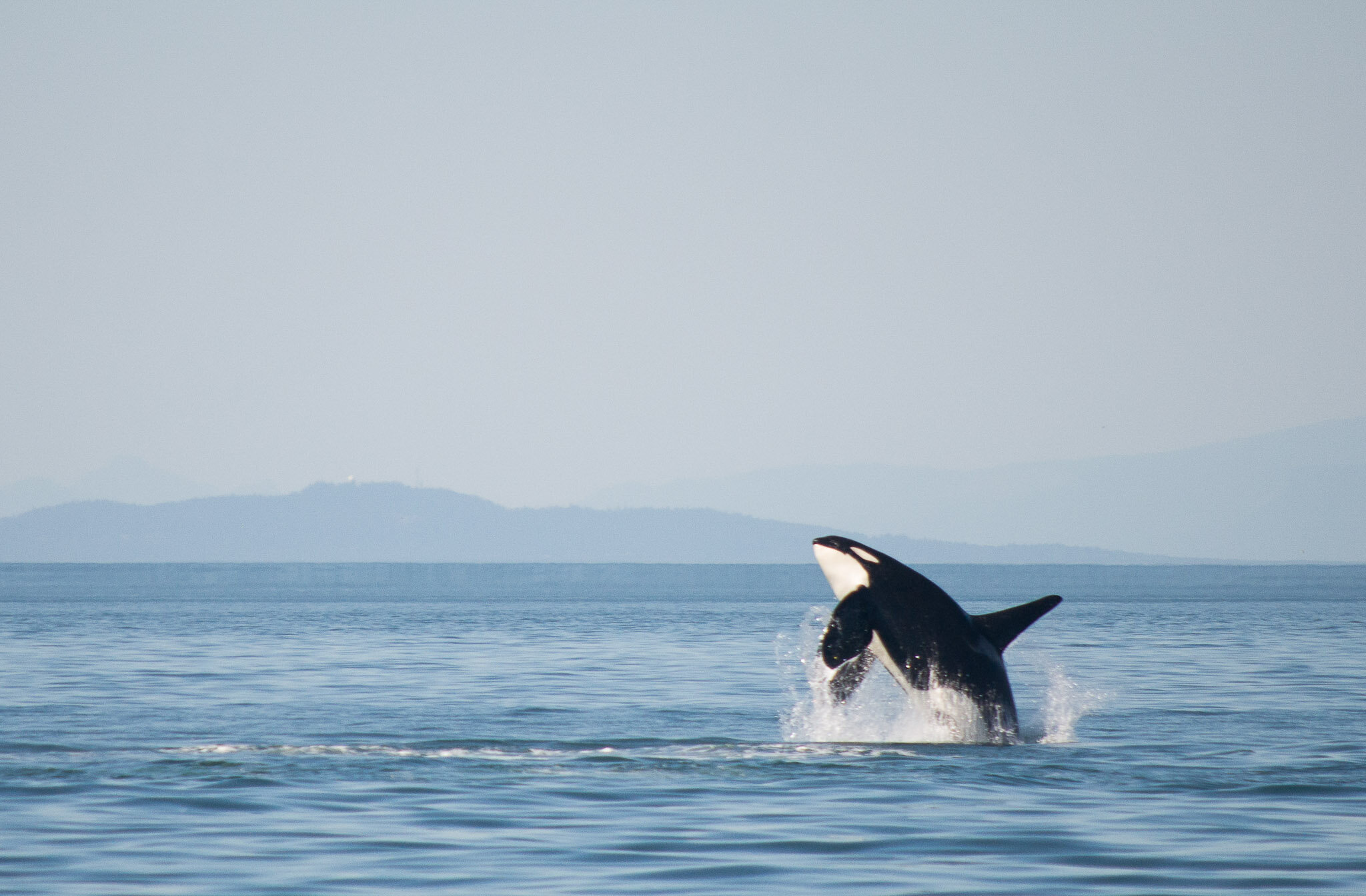
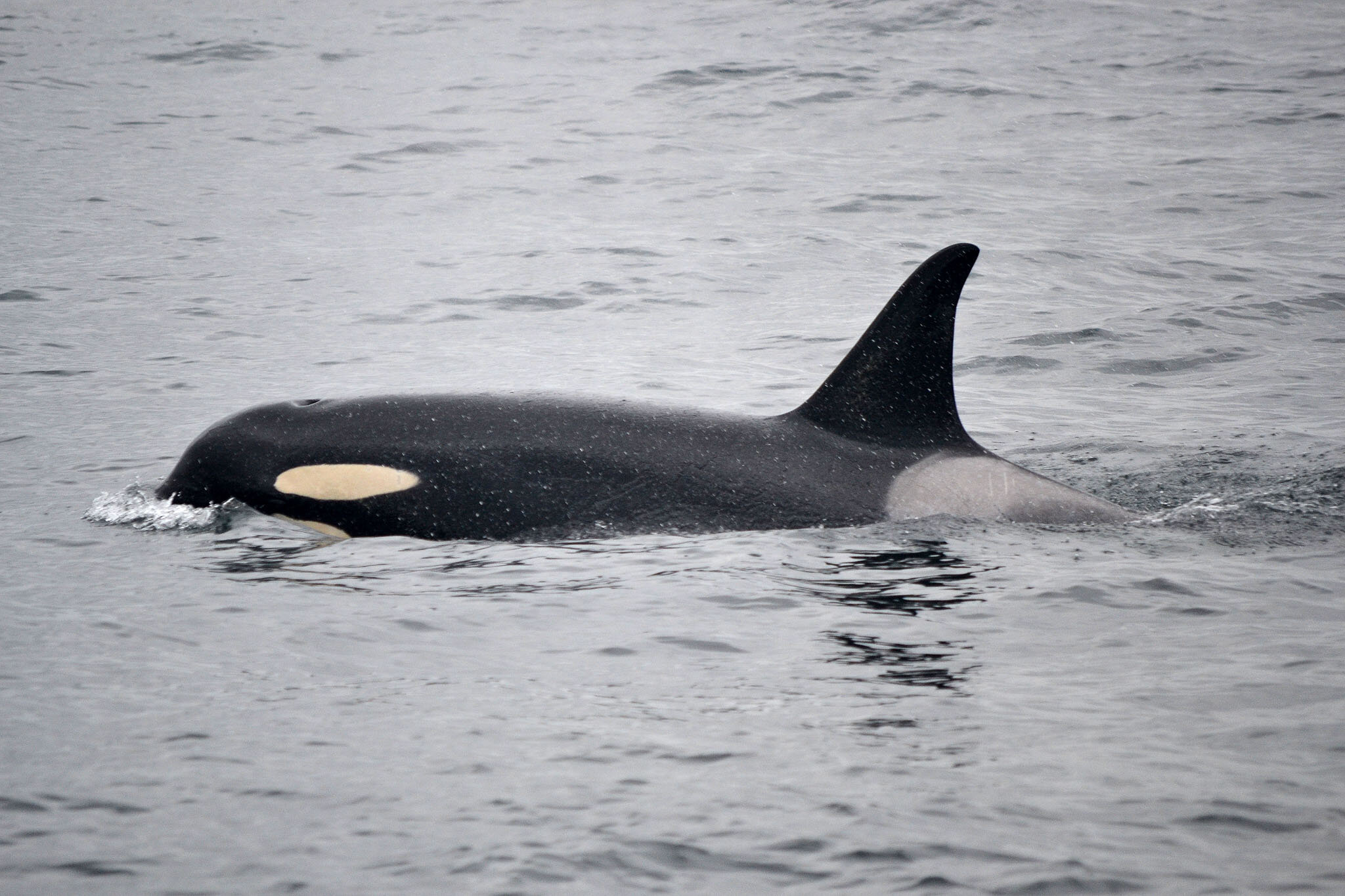
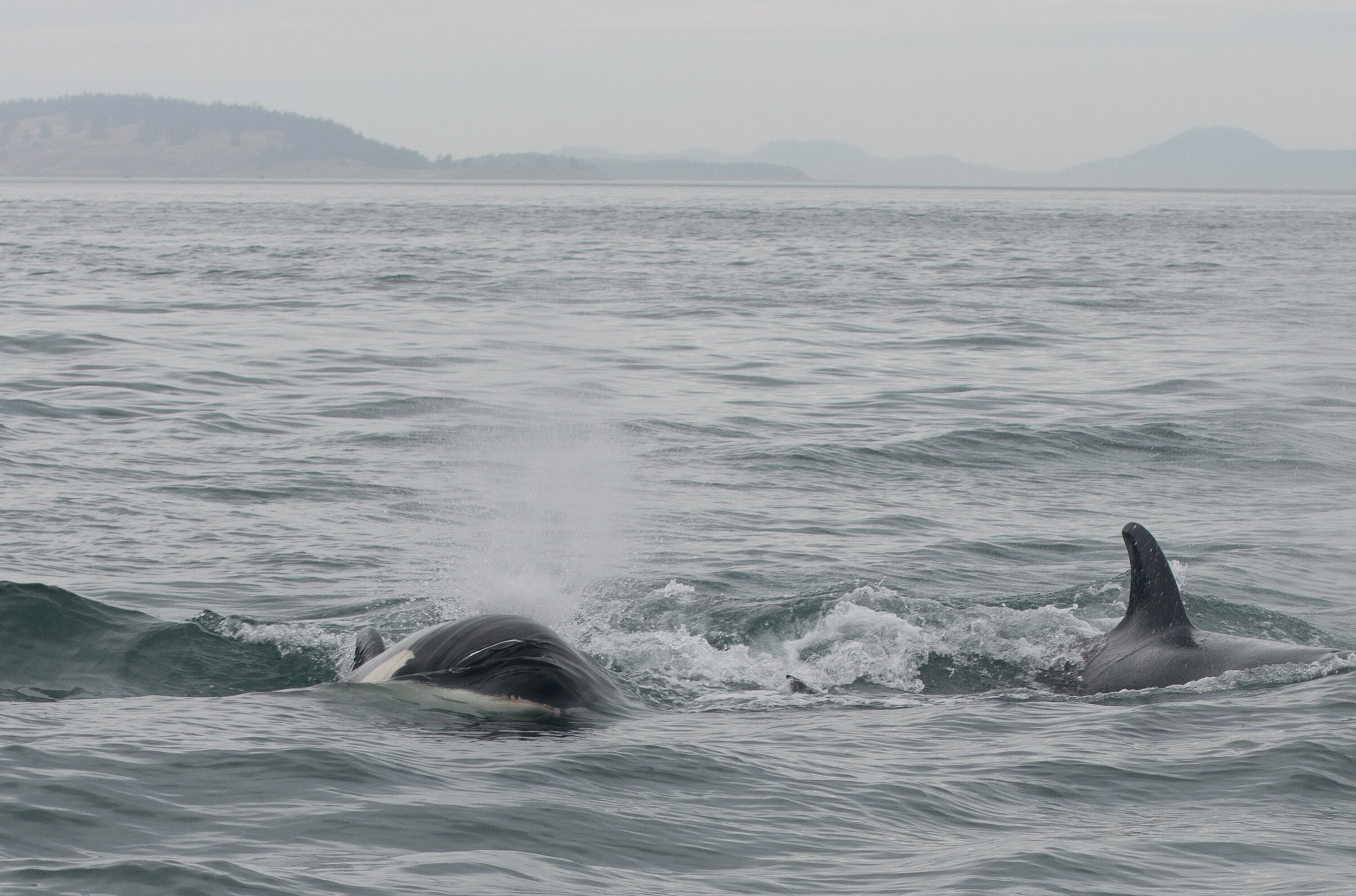
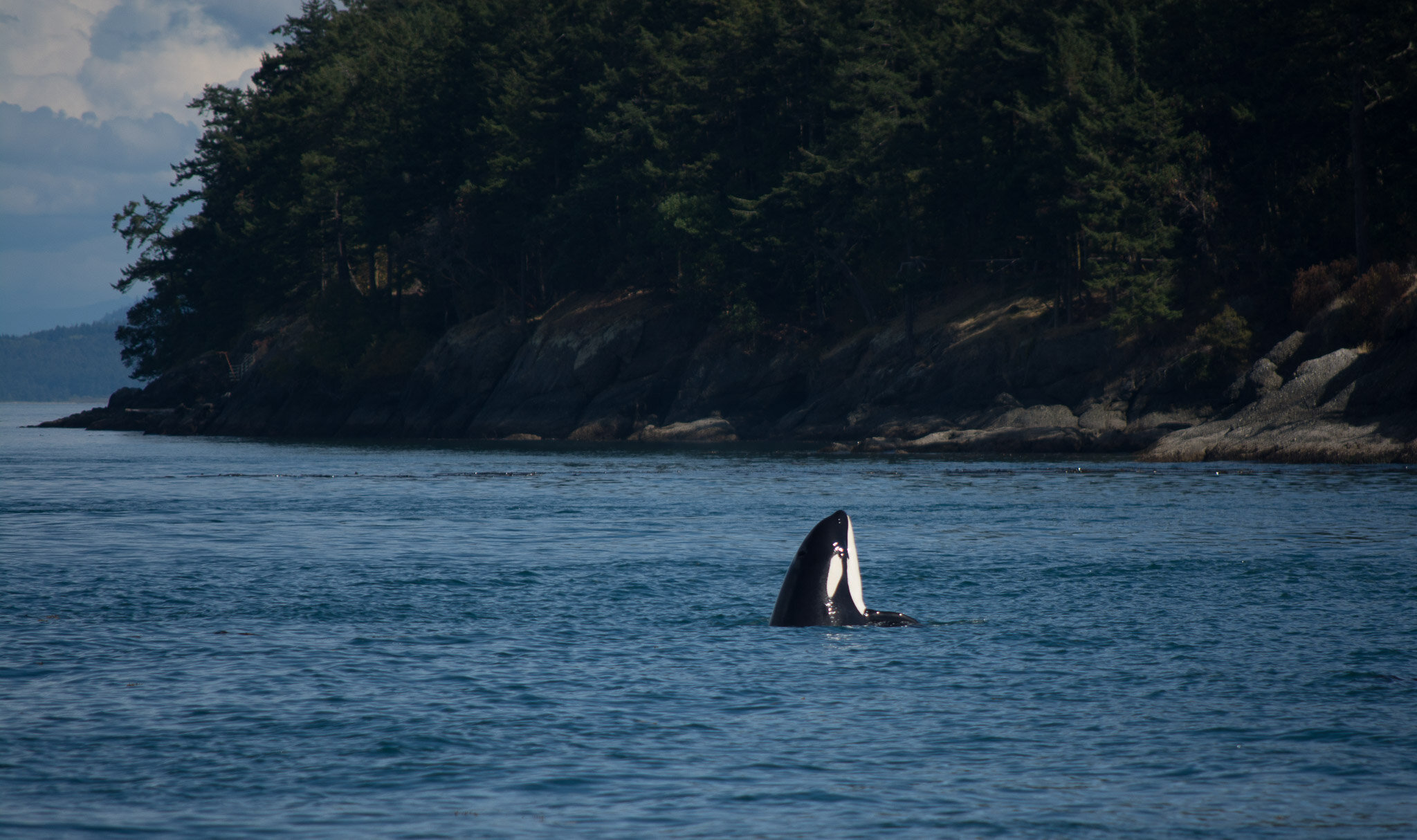
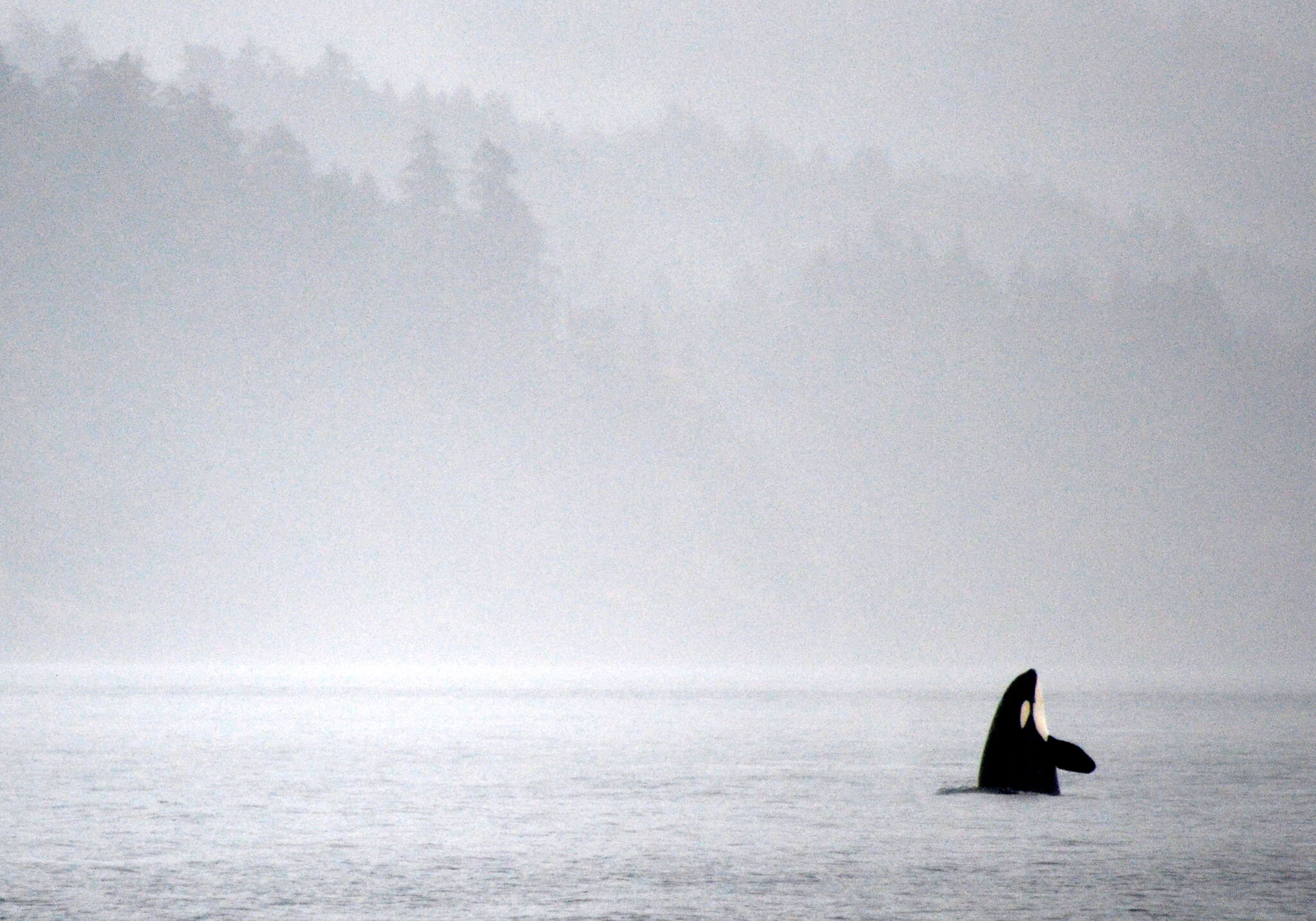
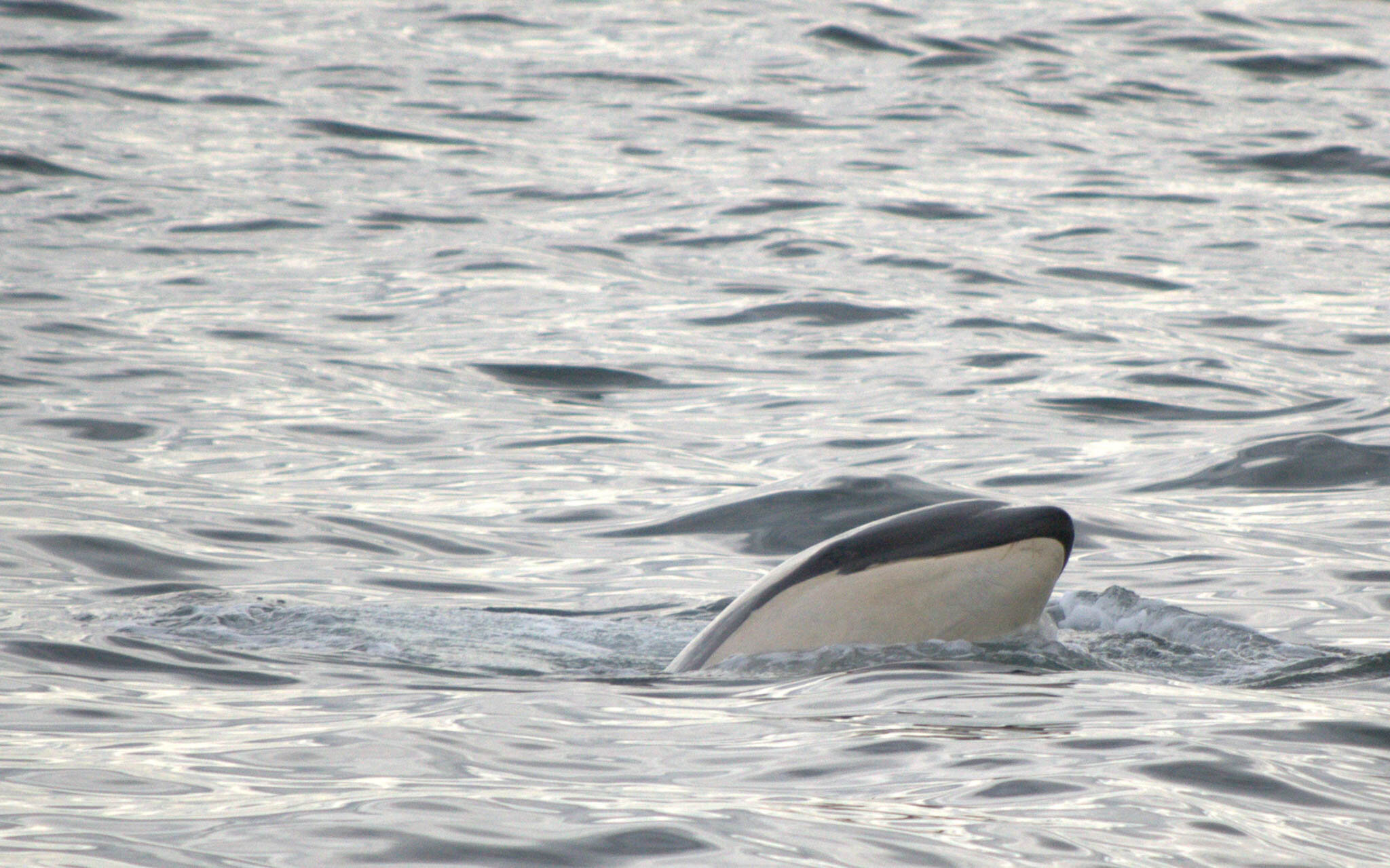
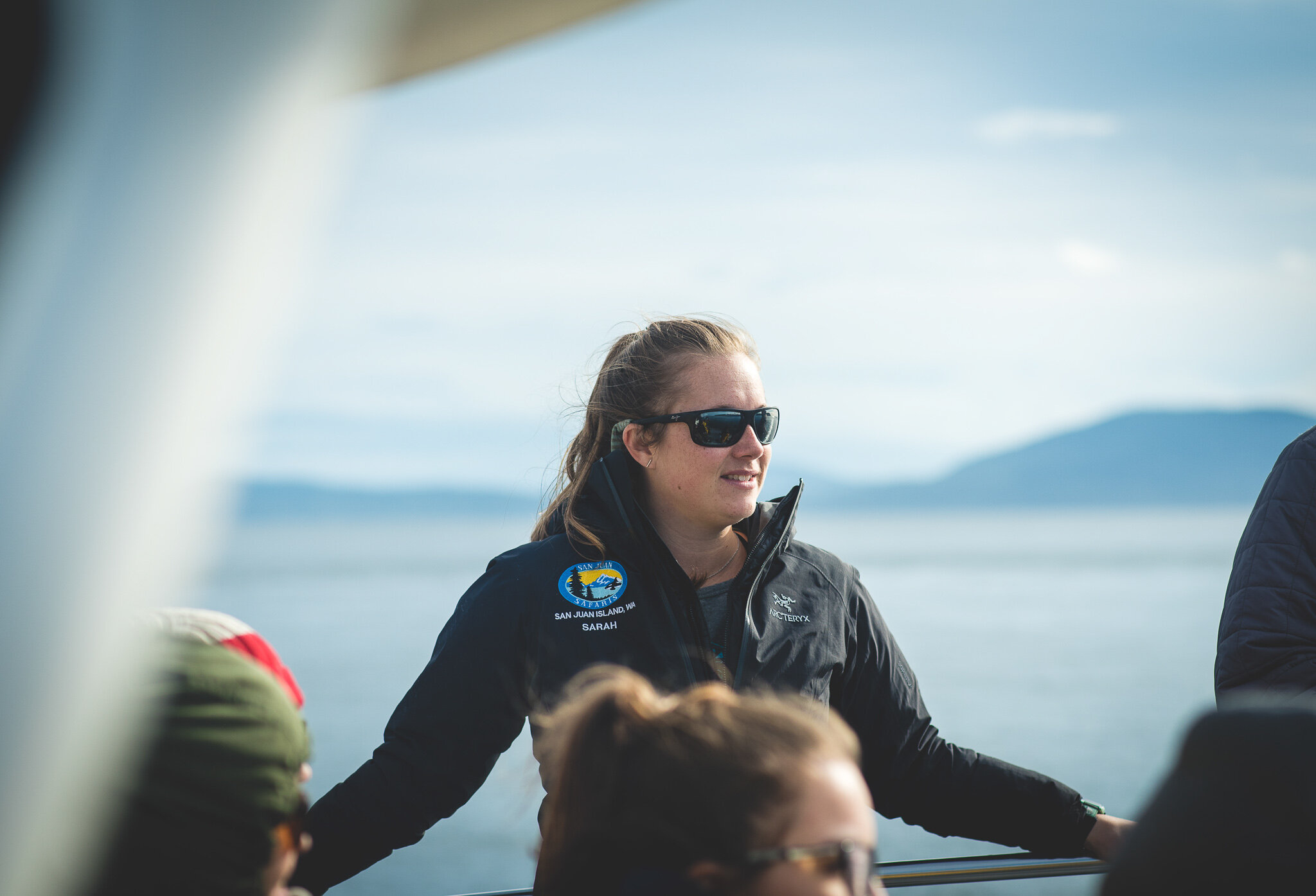
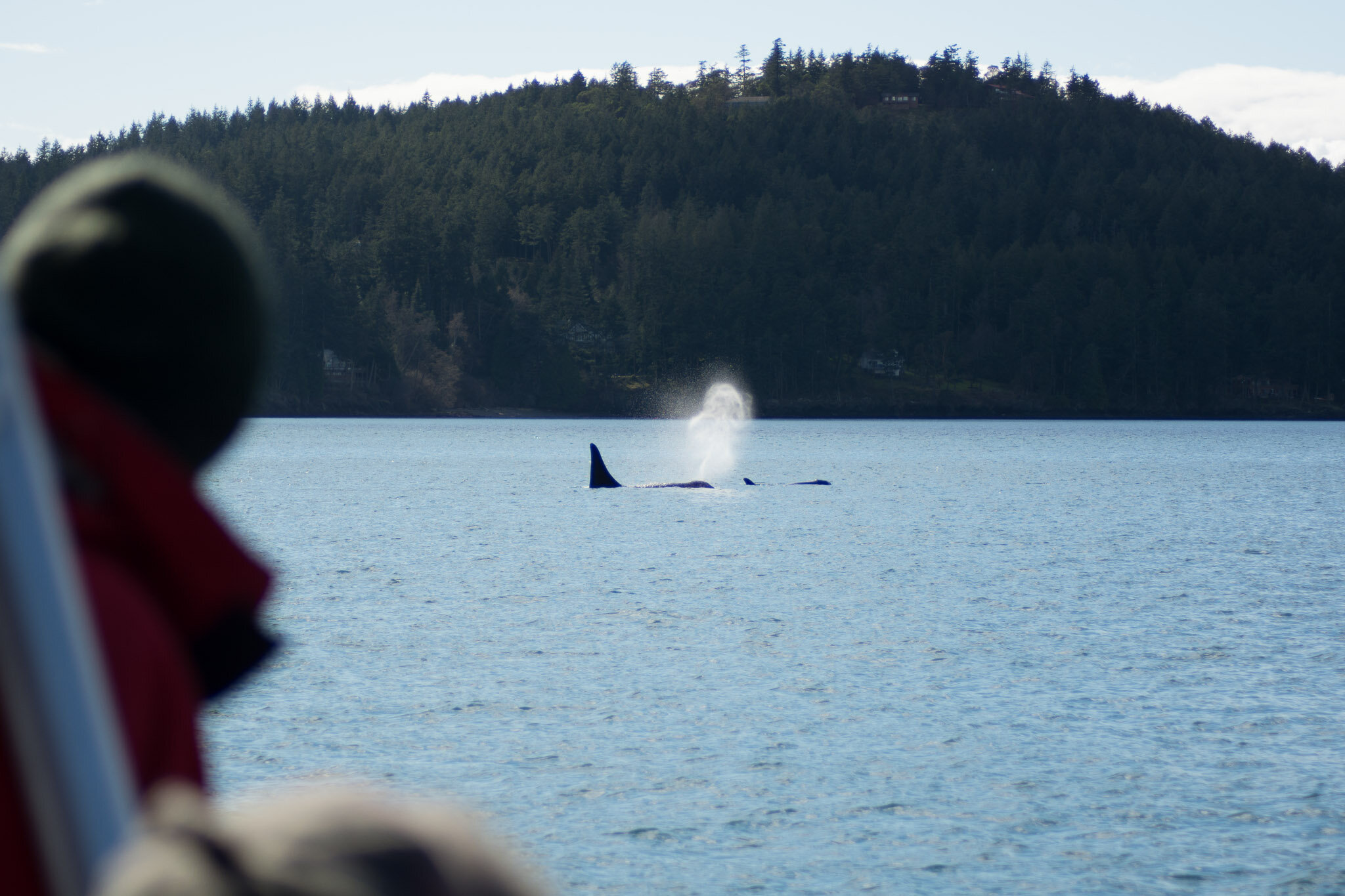


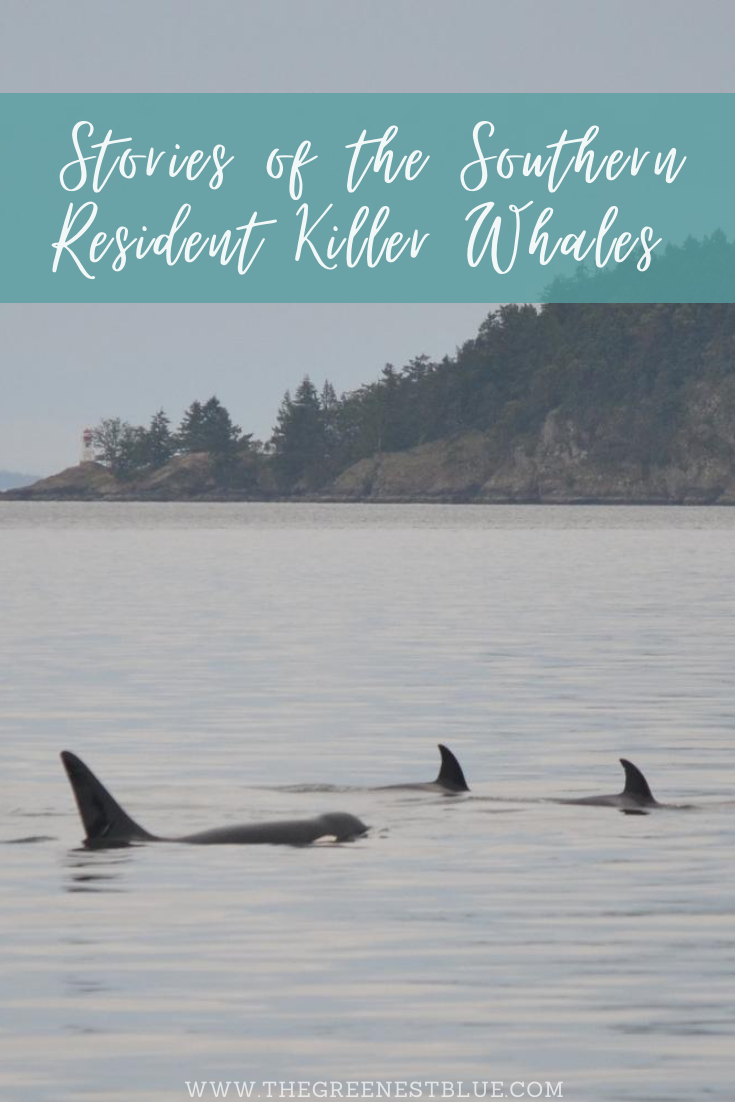

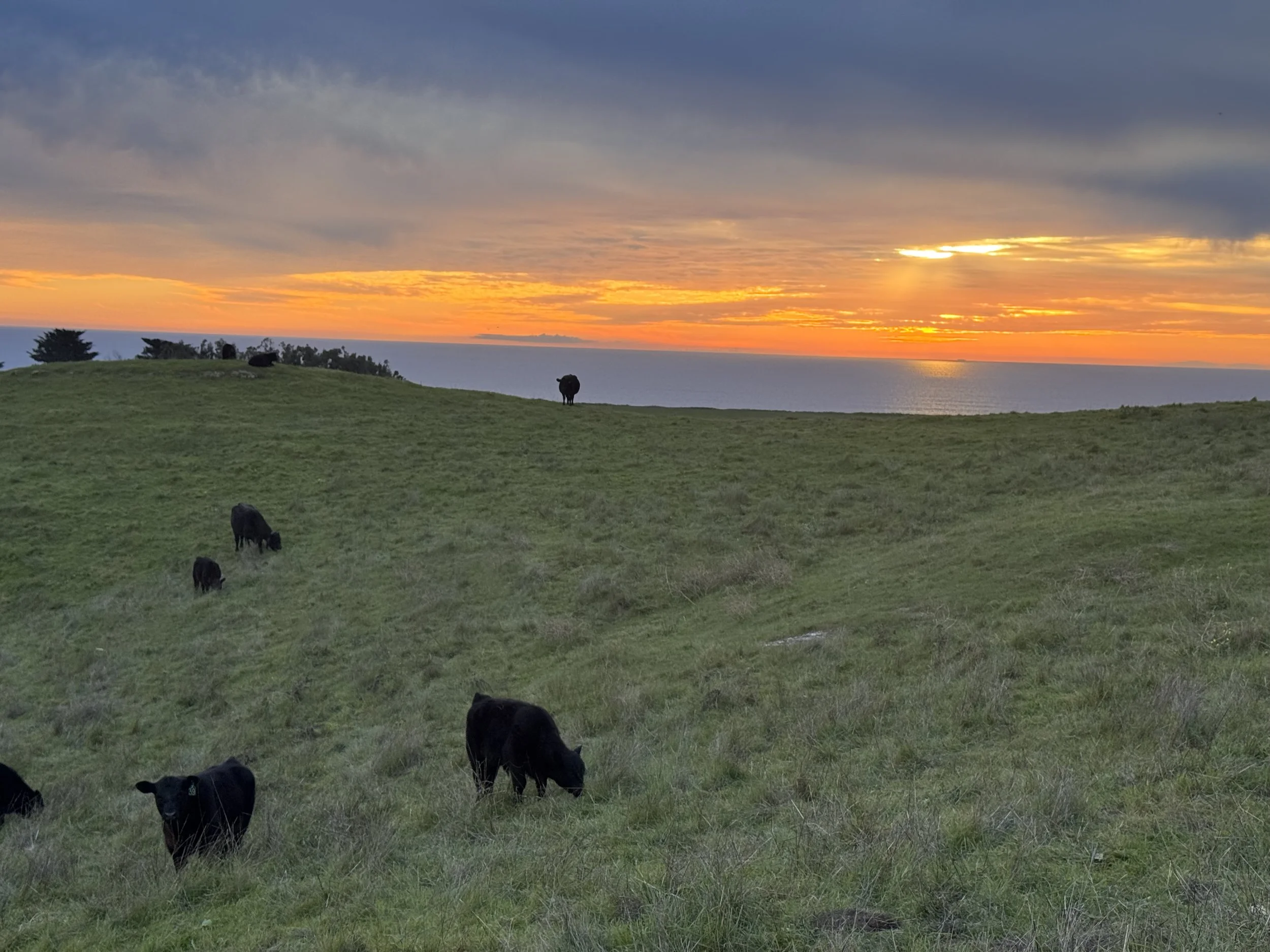


For now, I want to share this particularly special experience that is unfolding, right now. I’m on a ship in the Antarctic, specifically the Antarctic Sound on the northeast side of the Western Antarctic Peninsula, with a group of 120 women and non-binary people in STEMM. It’s facilitated by Homeward Bound. Read more here: it’s late, and this girl needs to get to bed.
But I wanted to start a log of our experiences each day, and I need to get caught up before time flashes by and I’m disembarking in Ushuaia in two weeks. Updates will be mostly through photos, as that is the energy level I’m working with currently.
Kinnes Cove
Home to a bustling Adelie penguin colony, with some Gentoos and a random Chinstrap or three thrown into the fray. We saw a sleepy, chunky Weddell seal hauled out on the shoreline, and a few lazy humpbacks cruised past our zodiacs on their way to redder pastures (because of krill, duh).